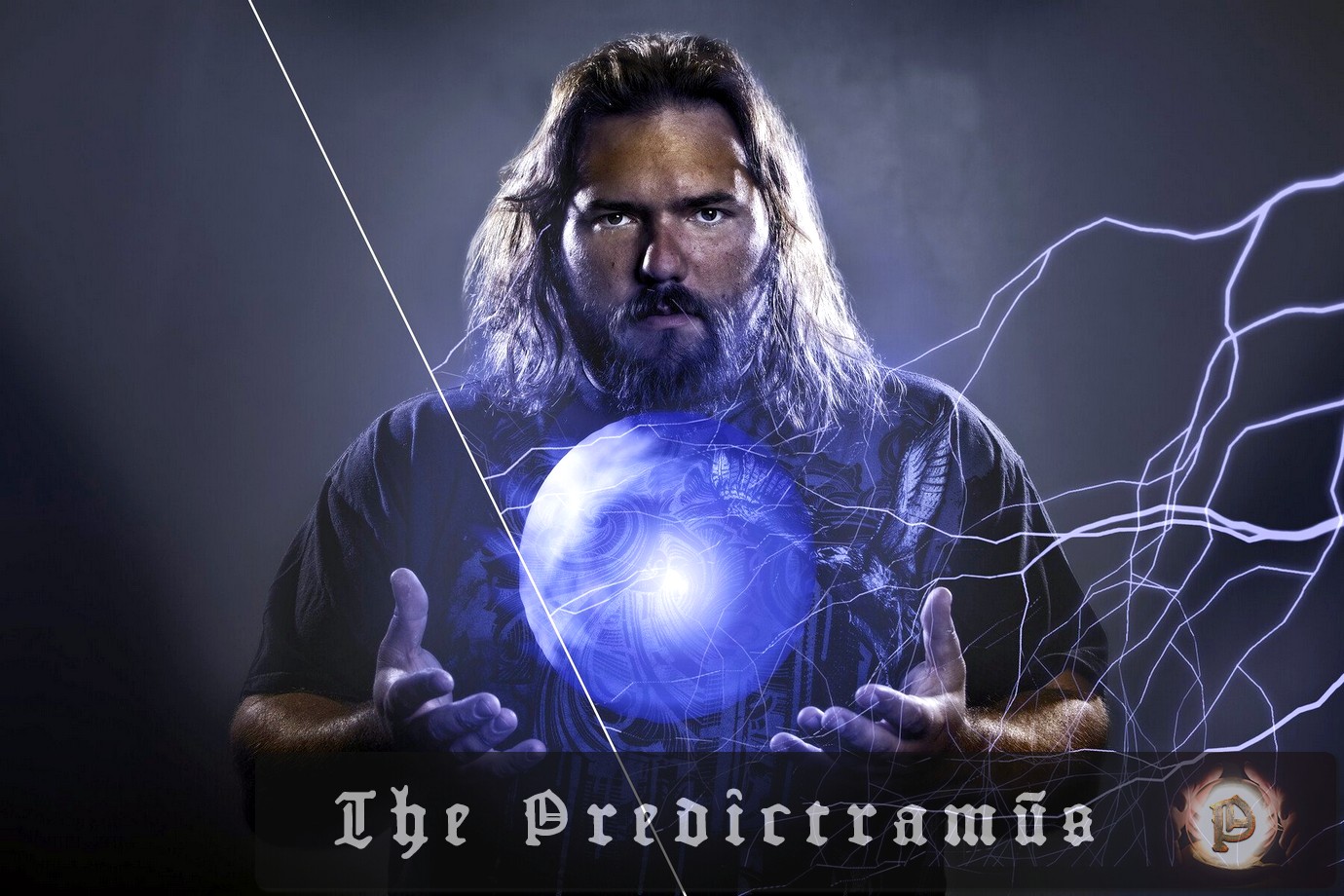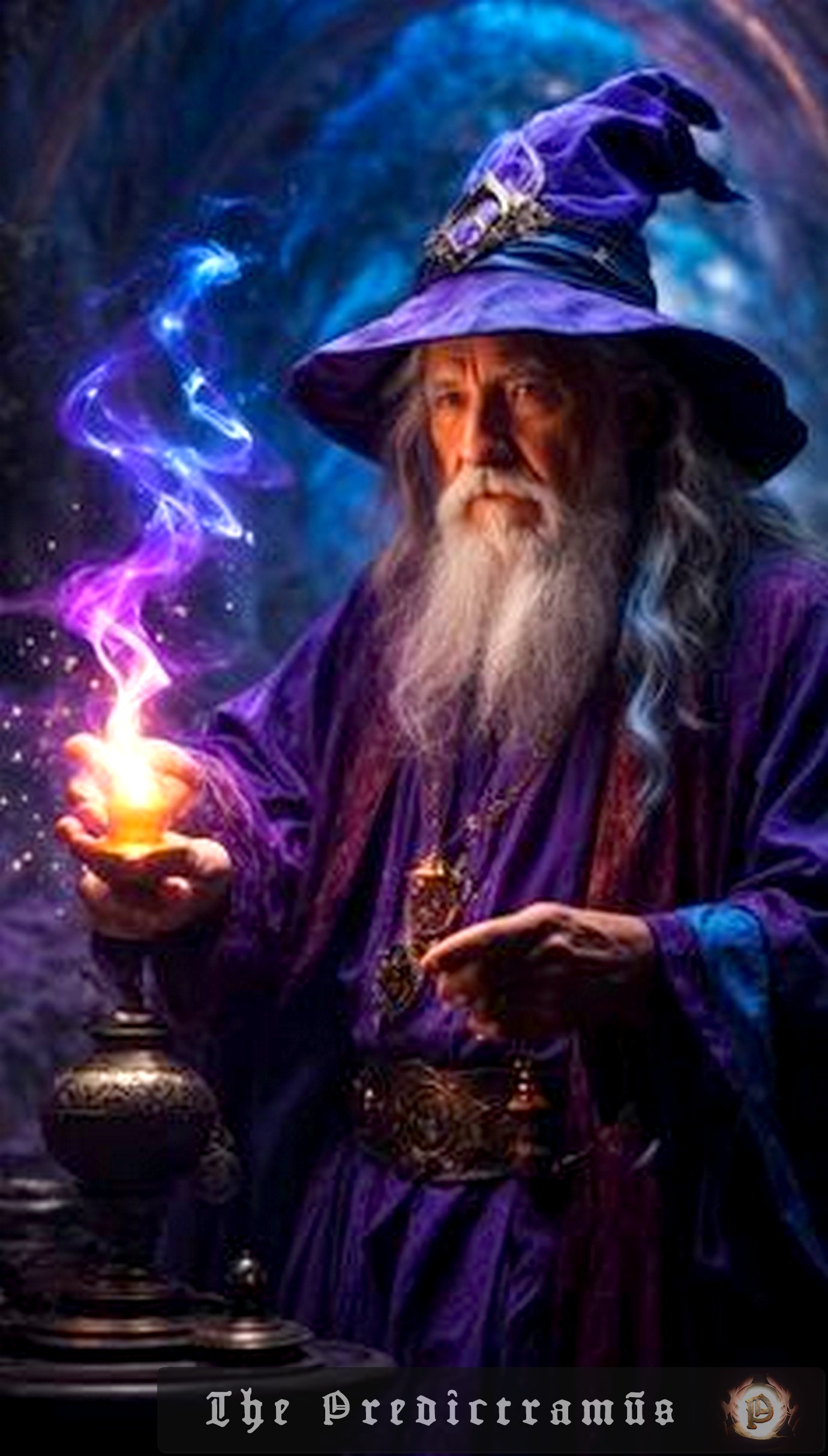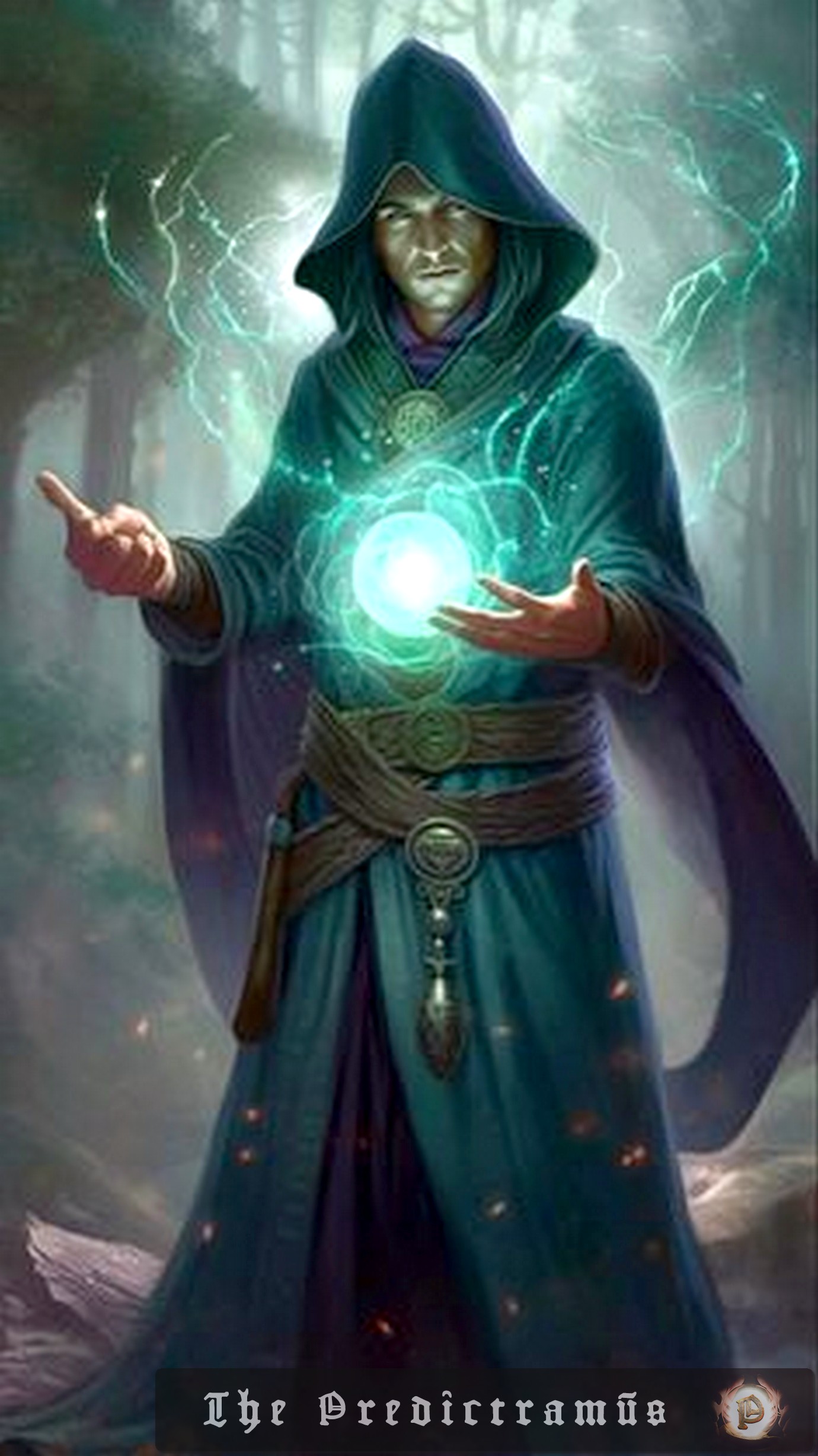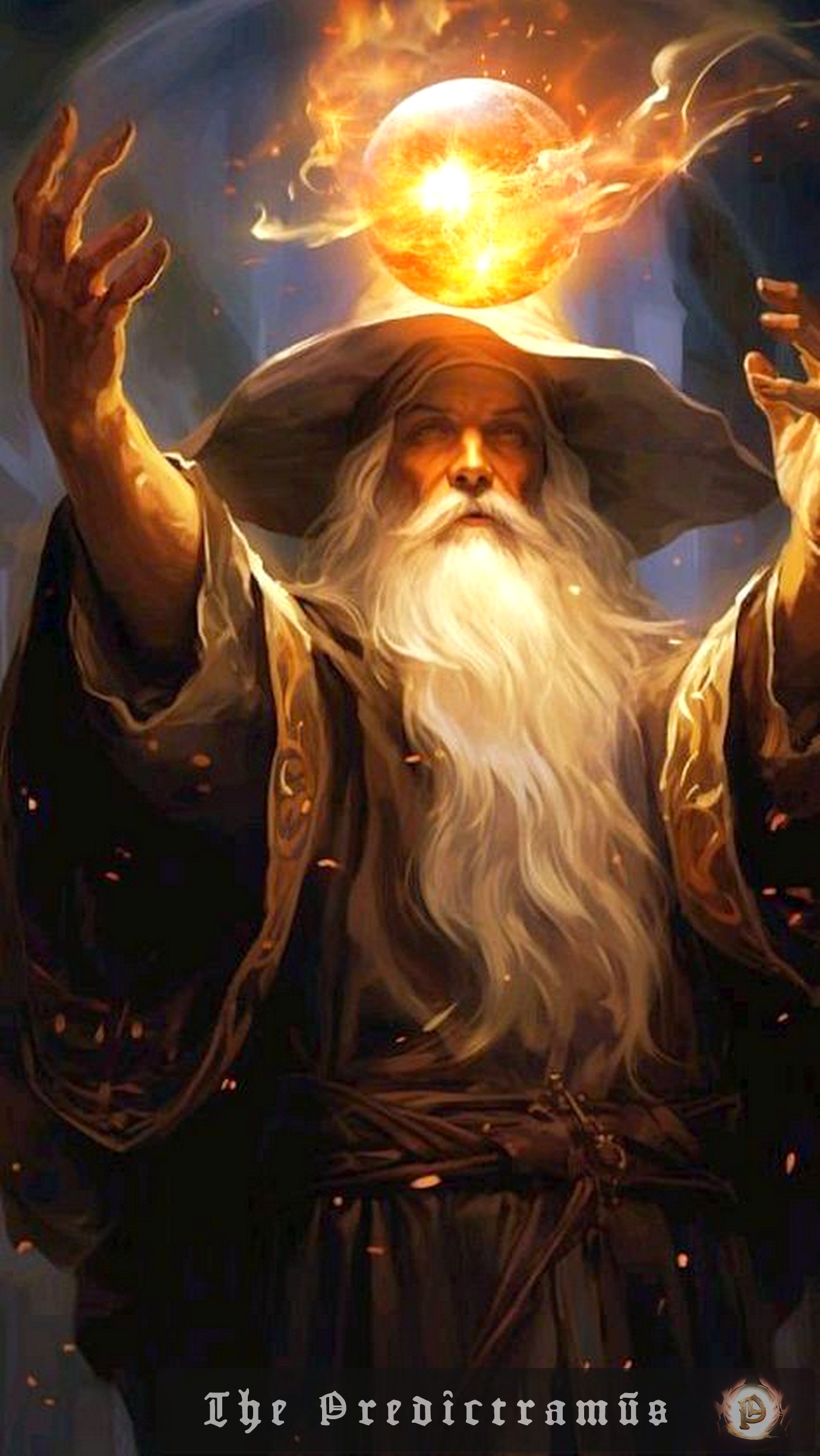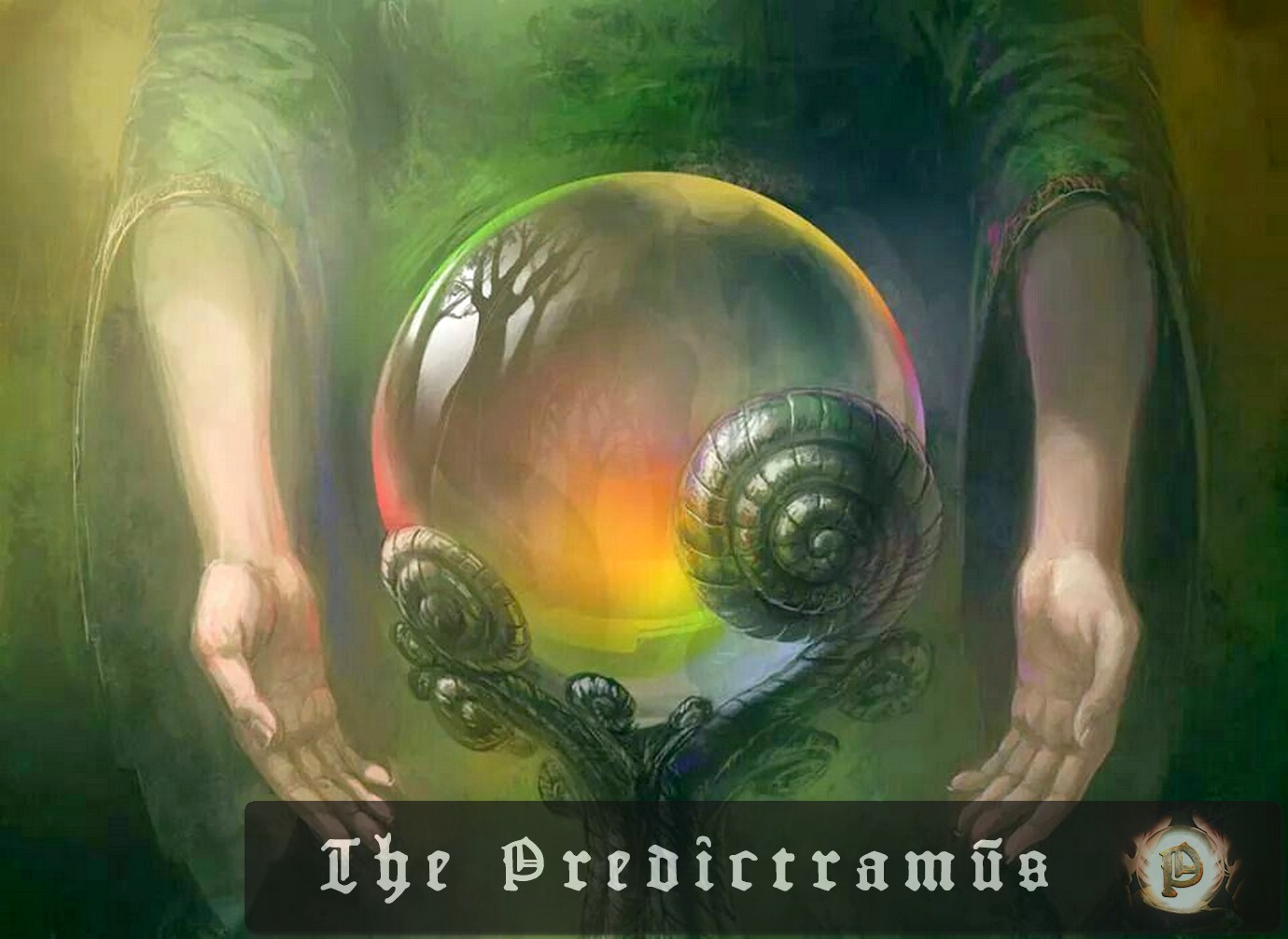Scientists have proposed a new theory about the origins of Mars’ moons, Phobos and Deimos. According to this theory, the moons may be the remains of an asteroid that was shredded by Mars’ gravity. This theory could help explain the moons’ unusual shapes and orbits. An upcoming mission to collect samples from Phobos may provide…
Science on The Soothsayer / page 49
Researchers in Switzerland have made a significant breakthrough in cancer treatment by developing a hybrid approach that combines ultrahigh-dose-rate (UHDR) electron beams with conventional dose-rate (CDR) photon beams. This innovative technique, known as FLASH radiotherapy, has the potential to spare healthy tissues while effectively targeting malignant tumour cells. The study, published in Radiotherapy and Oncology,…
Researchers warn that generative AI models, trained on their own synthetic content, may collapse and produce nonsensical responses. This could exacerbate bias and lead to a loss of nuance in AI-generated text. Experts suggest that using a combination of human-generated and AI-generated data for training can help prevent this collapse. Forecast for 6 months: In…
A team of researchers from the USA and Cameroon has developed a non-invasive device that can detect malaria without requiring a single drop of blood. The device, called Cytophone, uses photoacoustic flow cytometry to rapidly identify malaria-infected red blood cells. Initial testing in 30 Cameroonian adults diagnosed with uncomplicated malaria showed promising results, with 95%…
Scientists from the Dark Energy Spectroscopic Instrument (DESI) collaboration have made a groundbreaking discovery that could change our understanding of the universe. Their analysis suggests that dark energy, a mysterious phenomenon driving the expansion of the cosmos, may not be constant throughout the universe’s history. Instead, it may be waning, contradicting the widely accepted theory…
Researchers in Austria have made a groundbreaking discovery in the field of supersolidity, observing quantized vortices in a supersolid for the first time. This finding provides further confirmation that supersolids can be modeled as superfluids with a crystalline structure, opening up new possibilities for studying quantum many-body physics. The team is now using this model…
David Bessis, a mathematician, has published a book titled Mathematica: A Secret World of Intuition and Curiosity, which challenges the conventional way of thinking about mathematics. He argues that math is not just about logic and problem-solving, but also about intuition and creativity. Bessis claims that people are constantly doing math, even if they don’t…
Researchers at the University of Glasgow have made a groundbreaking discovery about aphantasia, a condition where people are unable to visualize objects, people, and scenes in their minds. A recent study found that people with aphantasia have a weaker connection between their auditory and visual senses, highlighting the range of brain organizations and the interconnectedness…
Researchers at Chalmers University of Technology in Sweden have made a groundbreaking discovery in the field of space communication. By using four-wave mixing, they have developed a practical approach to amplify weakened optical signals without introducing noise. This innovation has the potential to revolutionize laser-based communication systems in space, enabling faster and more reliable data…
Mathematicians Noam Elkies and Zev Klagsbrun have made a groundbreaking discovery in the field of mathematics, breaking an 18-year-old record with a new elliptic curve. The curve, which has the most complicated set of rational solutions ever seen, has a rank of at least 29. This discovery has significant implications for the study of elliptic…



